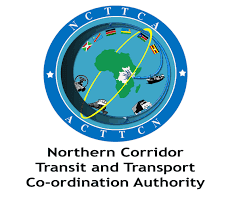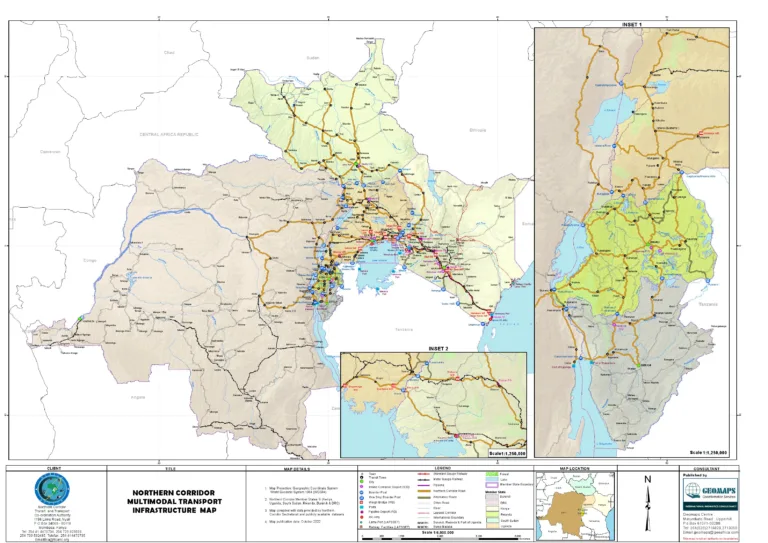AFRICA Listing Details
Africa listing details. ProdAfrica Business Directory is the best way to make business in Africa. We connect Europe and Africa. Your listing is visible now.
VERIFIED LISTING PUBLIC COMPANY OR LOCATIONValue sectors where we participate
Specializations or competitive advantages
Who we are
The Northern Corridor Transit and Transport Agreement (NCTTA), established in 1985, serves as a crucial framework for enhancing trade and transport among East African countries. Comprising Kenya, Uganda, Rwanda, South Sudan, Burundi, and the Democratic Republic of the Congo (DRC), the NCTTA aims to facilitate transit and improve logistics for landlocked nations relying on the port of Mombasa in Kenya. As these countries continue to work together, the agreement plays a pivotal role in promoting regional economic integration and cooperation.
One of the primary objectives of the NCTTA is to improve trade efficiency by streamlining transportation and logistics infrastructure. By creating seamless transport corridors, the agreement allows landlocked countries to access vital international markets more effectively. The NCTTA establishes regulations to ease transit procedures, reduce delays at borders, and enhance cargo handling efficiency, which is particularly important given the region’s reliance on exports. This increased efficiency can significantly boost trade volumes, contributing to economic growth in member states.
Furthermore, the NCTTA fosters collaboration on infrastructure development projects, including the construction and upgrading of roads, railways, and ports. The successful implementation of these projects is essential for ensuring that the region’s transport networks can accommodate increasing trade volumes. By focusing on enhancing connectivity, member countries can capitalize on their geographic advantages, ultimately attracting investments and fostering regional stability.
Despite its ambitious goals, the NCTTA faces several challenges. Implementation issues, bureaucratic hurdles, and infrastructure gaps can hinder progress and limit the agreement’s effectiveness. Additionally, political dynamics among member countries can complicate efforts to achieve consensus on various initiatives. Addressing these challenges will require strong political will and a commitment to cooperation among the nations involved.
In recent years, there has been a growing emphasis on digital solutions to streamline transit processes, enhance data sharing, and improve logistics management. By leveraging technology, member states can work towards achieving the NCTTA’s objectives more efficiently. Ultimately, the Northern Corridor Transit and Transport Agreement represents a vital step towards fostering economic growth and regional integration in East Africa, enabling member countries to address common challenges and seize new opportunities for collaboration.

